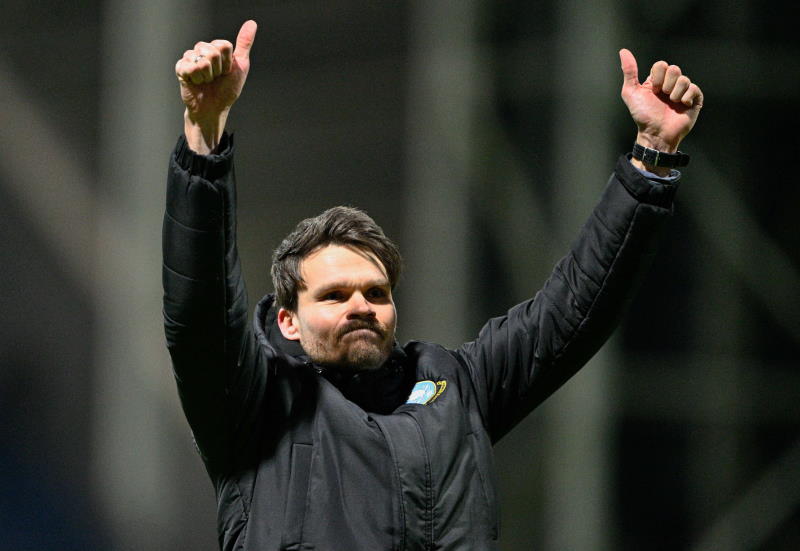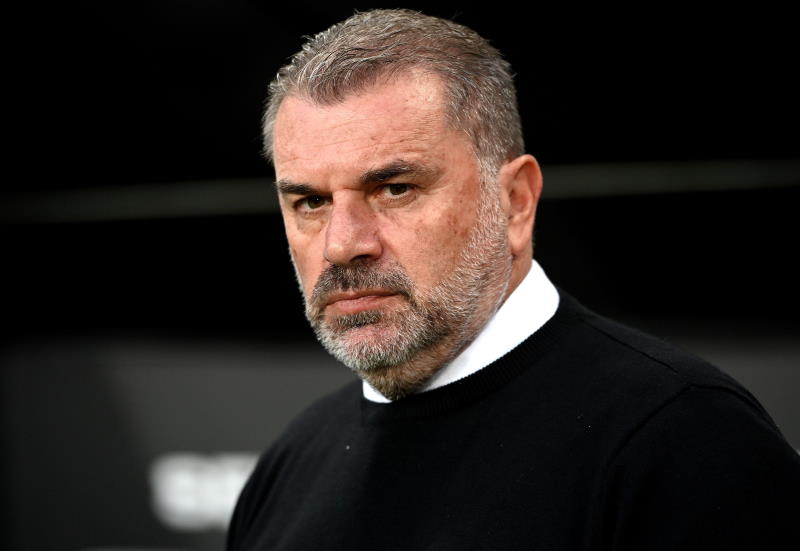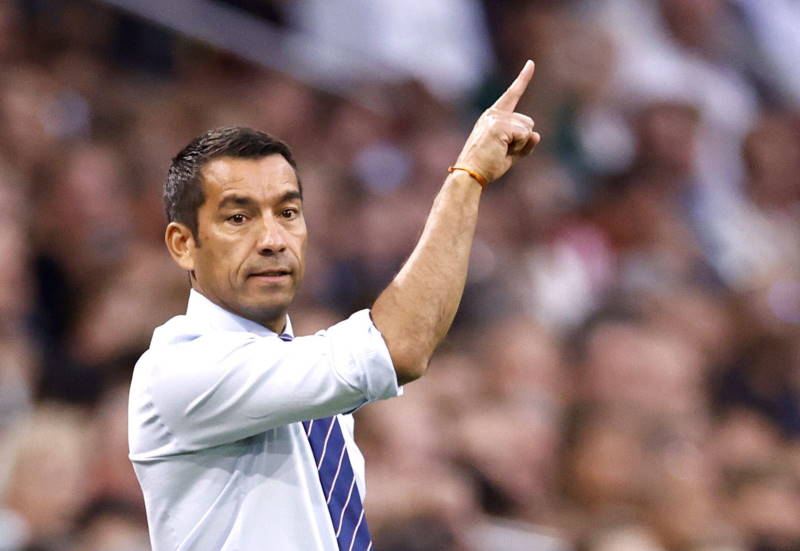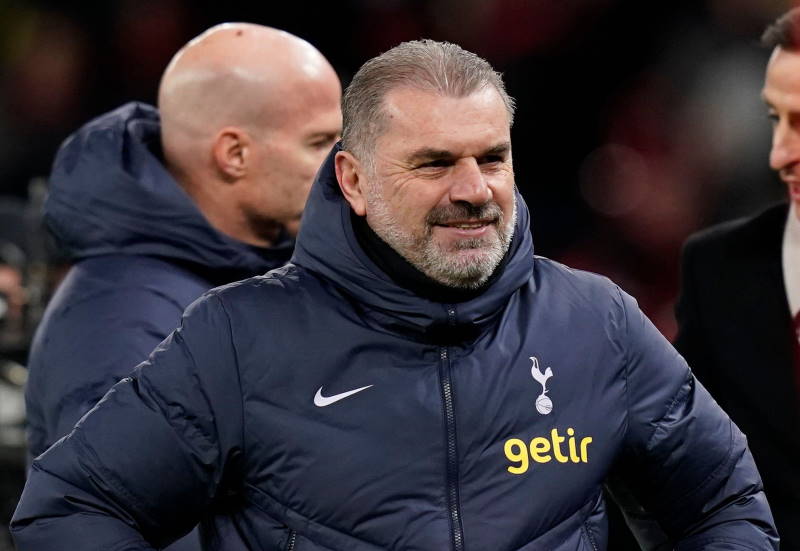
Matt Jackson
In the wake of yet another disappointing World Cup campaign for England, the debate about the nationality of the country’s manager has been reignited. After the Steve McClaren debacle, the country’s FA clearly felt foreign was the way to go, and with the options available at the time, it would have been hard to argue against them.
“England need an English manager,” someone at the local watering hole usually proclaims. “Yes”, says the chap in the corner, “but the problem is, there aren’t any good young English managers coming through.” Spot on, isn’t he? Wrong. Dig a little deeper, and it becomes apparent that there are some quality home-grown gaffers on the rise. They may not be the England manager of tomorrow, or even next week, but reserve judgement until next year, and the picture may seem very different.
In no particular order, here’s a look at five young, up and coming English bosses, who could be managing at a high level in the not-too-distant future:
1) Eddie Howe
At 32, Eddie Howe is one of the youngest managers in the Football League, and just happens to be one of its brightest stars too. When Howe took over as caretaker manager following Jimmy Quinn’s departure, Bournemouth were rock bottom of League Two, suffering badly from a 17 point penalty, yet astoundingly, he managed to keep them up, surviving by a slender five points.
As if that feat alone wasn’t enough to endear him to the Cherries faithful, in Howe’s first full season in charge, the fans at Dean Court were witness to events verging on the miraculous. As the club battled with a host of problems, both financial and legal, the Football League placed a transfer embargo on the side, severely limiting Howe’s options. They battled on, however, playing a large part of the season with only one recognised centre back, and occasionally not even being able to fill the substitute’s bench. Yet somehow, the young boss managed to guide them to second in the division, and thus promotion back to the league they left in 2008.
In his playing days with Bournemouth, Howe was clearly a leader, and he has emphasised this in his first managerial appointment, together with good tactical awareness and thorough preparation. Even after this success, though, the 32-year-old has managed to keep level headed, not getting caught up in his own hype. Howe rejected the chance to move to Peterborough in November, opting instead to finish the job he started. Managers that make the jump to a higher level too quickly can often miss out on valuable experience, and are not always successful. For reference, see Paul Ince.
2) Simon Grayson
If Ian Holloway has taken all the plaudits recently for his astounding success at Blackpool, he must also doff his cap in the direction of Simon Grayson, for it was he who laid the foundations for what has been achieved. After years of floundering around the third and fourth tiers of the game, Grayson was promoted from reserve team manager after Colin Hendry left, and they haven’t looked back since. When Leeds came knocking, however, he couldn’t resist a return to his boyhood club, and left under acrimonious circumstances. In his first full season at Elland Road, Grayson took them to second in the table, and is set to carry that momentum forward this year as Leeds look to re-establish themselves.
At first glance, the move from Blackpool to Leeds may seem like a rather odd one – the 40-year-old had to step down a division, and even now is still one below the Tangerines. Grayson, however, saw the bigger picture: Blackpool were arguably over-achieving in The Championship, and so unquestionably are doing so now, and he saw that he had probably gone as far as he could with them. In Leeds, he is at one of a very small number of clubs who have the potential to not only get back to the Premier League, but to stay there for the long term and enjoy success. The former defender can become the man who turned the club around, and then took them all the way. Stability is golden in football, and at only 40 years old, Grayson could be at Leeds for a long time to come.
3) Keith Hill
After just one promotion in their entire 103-year history, Rochdale had become somewhat of a running joke in football circles. Then up stepped Keith Hill. Not a man to take failure lightly, Hill set about changing the fortunes of the Lancashire club, and in his three and a half years as manager, has done just that. Two consecutive playoff appearances were followed this season by an impressive third place finish, resulting in automatic promotion to League One.
The most impressive aspect, however, is the style in which the 41-year-old took Rochdale up. Unlike the unattractive ‘long ball’ game that many in the division play, Hill has his team playing possession football and working it through. The results are clear – Dale scored 82 goals last season, second only to the free spending Notts County, and conceded the third least in the division. While adopting this style of play may not be a necessity to escape League Two, it will certainly equip them better in their attempt to avoid an abrupt return.
4) Lee Clark
In late 2008, with Huddersfield struggling in League One, chairman Dean Hoyle took a calculated gamble, appointing a young Lee Clark, and it has very much paid off for the club. After a ninth place finish to steady the ship that season, he impressively followed that by guiding them to sixth, losing narrowly in the playoff semi-final to eventual victors Millwall. That they go into the new season as one of the favourites to be in the promotion reckoning speaks volumes about how the 37-year-old has turned round the Terriers’ fortunes.
As a player, Clark played with passion, and he clearly instils this in his teams, fighting for every ball, and working as a cohesive unit. Huddersfield have also established Galpharm Stadium as a fortress, losing just once in the league there last year, a feat that only Millwall matched. Clark, however, is clearly ambitious, and if Huddersfield fail to move up a division this year, it’s hard to envisage him still being in charge given the potential suitors – most recently he was linked with the Fulham job before Mark Hughes accepted, and it appears he has the respect and admiration of many in the game.
5) Nigel Pearson
At 47, Nigel Pearson is the oldest boss on this list, but his managerial career is still very much in its formative years. Since retiring from playing in 1998, Pearson held relatively brief management roles at Carlisle and Southampton, and a number of assistant roles at other clubs, but it was his move to a freshly relegated Leicester City side that really ignited his career. As Nottingham Forest and Leeds will testify, bouncing straight back to The Championship is not a simple task, but at Leicester, Pearson made it appear so, winning the division with room to spare, and breaking many of the club’s records.
However, it was the following season, back in The Championship, that really saw Pearson’s star rise. Sticking with the core of the team that had served him so well the previous year, he guided Leicester not only to safety, but to a serious promotion challenge, which ended in a playoff semi-final loss to Cardiff.
Pearson’s teams largely reflect his personality – organised, disciplined and hard working, with a distinct lack of flamboyancy. He doesn’t care for egos, picking players on their work ethic, and gets more out of players than anyone expects, testimony to his superb motivational skills. Pearson is very much a thinker, working out how best to beat oppositions, and his commanding presence demands the respect of his players, who clearly believe in him. It is yet to be seen what his move to Hull will bring, but out of all the names on this list, it may well just be Pearson who is the first to make the next step.













